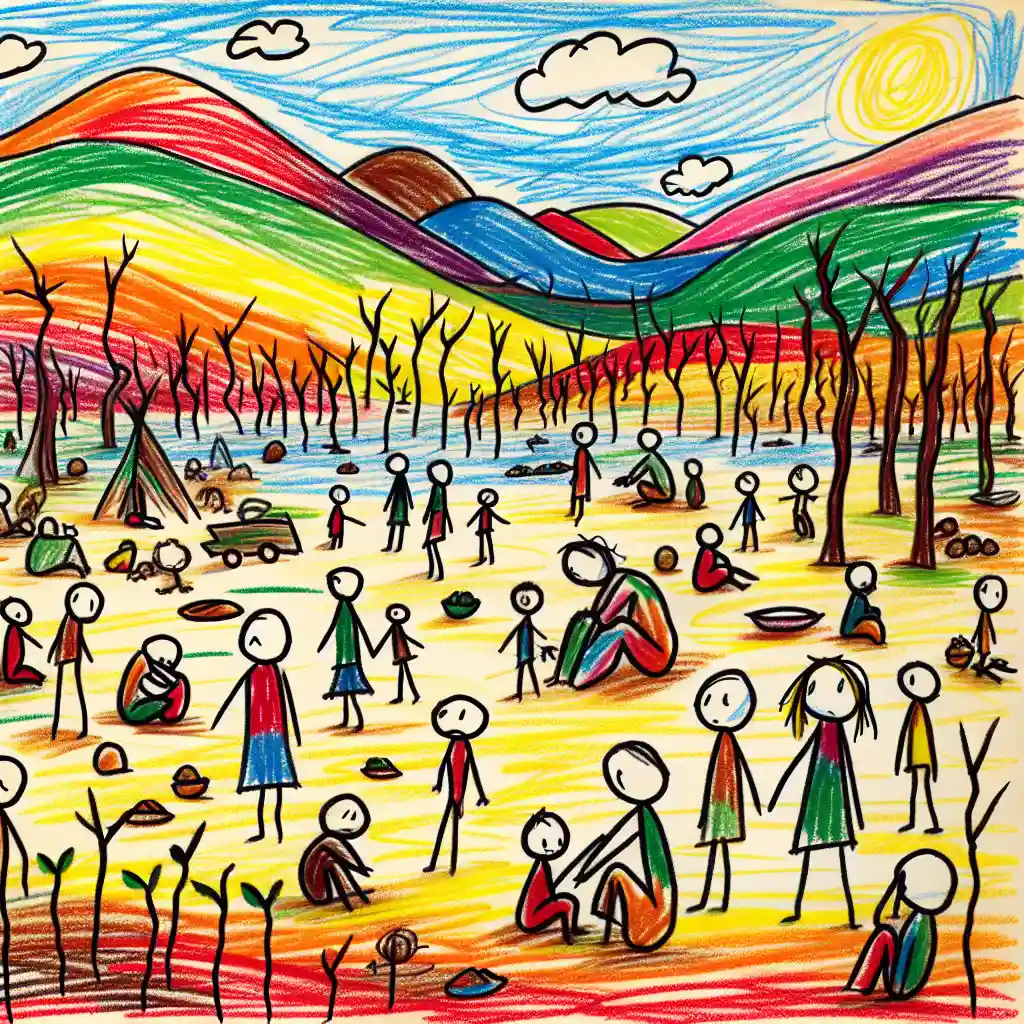As Gaza starves, the next generation may also endure the consequences

Explain Like I'm 5
Imagine you have a lunchbox that you bring to school every day, but one day, someone starts taking some of the snacks from it. Eventually, you might find that there's not enough food left for you to feel full. This is a bit like what's happening in a place called Gaza, where a lot of people aren't getting enough food. This isn't just a problem for today; not having enough food can make it really hard for kids to grow up strong and healthy. Just like how you need good food to run around and play, kids in Gaza need good food to grow up healthy, and if they don't get it, it can make things tough for a long time.
Explain Like I'm 10
In Gaza, a lot of people are having a really hard time finding enough food to eat. It's so serious that experts are calling it "famine-like conditions," which means it's almost like a famine where there's so little food that many people don't get enough to stay healthy. This situation can be really bad for kids. When kids don't get enough nutritious food, their bodies and brains can't develop the way they should. This doesn't just affect them now; it can cause problems even when they grow up, like having health issues that last a long time.
Why is this happening? Well, there are a lot of reasons, including conflicts and blockades that make it hard for food and other important supplies to get into Gaza. Because of these problems, kids today and even their future children might face tougher lives because their bodies didn't get the right fuel to grow when they were young.
Explain Like I'm 15
Gaza is experiencing extremely severe shortages of food, described by U.N. officials as "famine-like conditions." This means that the food supply is so low that a large part of the population isn't able to consume enough calories and nutrients. The impact of such conditions can be devastating not only for the current population but can also stretch into future generations.
Historically, regions that have faced famines see long-lasting effects, especially among children who experience malnutrition at a young age. These effects aren't just physical; they can affect cognitive development and lead to chronic health problems later in life. This kind of widespread nutritional deficiency can cripple a generation, undermining their potential to work, learn, and improve their economic circumstances.
The situation in Gaza is exacerbated by ongoing blockades and conflicts that restrict the flow of goods and services, including food. This creates a cycle of poverty and poor health that can be hard to break. Looking forward, the global community's response and the political resolutions in the region will be crucial in determining how deep and long-lasting these impacts will be. Experts agree that addressing this crisis requires not just immediate relief but also long-term strategies to ensure food security and break the cycle of deprivation.
Want to read the original story?
View Original Source